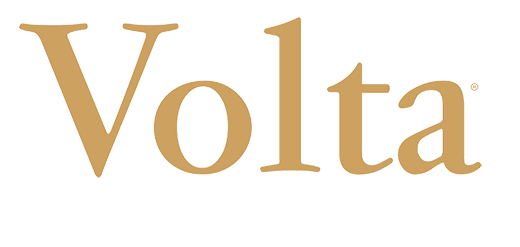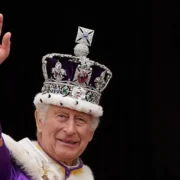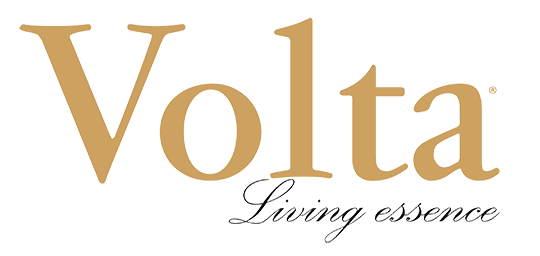Liberalism, Philhellenism: Their contribution in the creation of the modern Greek state (18th-19th century)
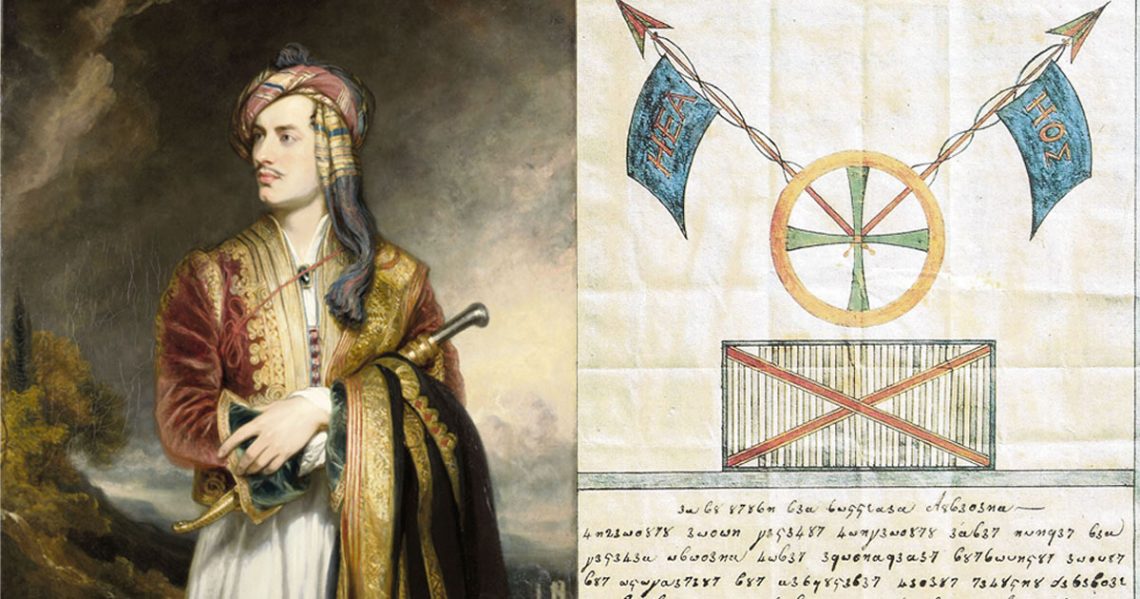
Human societies, permanently and profitably, are based both on collective actions and the interrelated personal participation. This essential condition is the starting point for all aspects of collective and social life, like culture, language, art, aesthetics, technology, politics and ideologies which exist not so much as static creations, but mainly as demands for spirituality, quest and modernisation. Through this continuous action, both on a tangible and intangible level, and also through the matrices of the Renaissance, the European Enlightenment, the Industrial Revolution, Modernity and Modern Greek Enlightenment, the movements of Liberalism and Philhellenism will be born.
In fact, one could argue, in a general context, that Liberalism and Philhellenism are timeless, interrelated movements broadly social, spiritual, ideological, humanitarian, as well as political, defined by the principles, values and ideals of the Renaissance, the European Enlightenment and the classic Greek Civilisation, starting points of claims, social changes and armed upheavals against repressive, oppressive and authoritarian regimes and, in particular, the tyrannical despotic Ottoman Empire of the time, structural elements and benchmarks, even ideological and moral foundations, the American War of Independence, the French Revolution, as well as the heroic Greek Revolution in 1821, events that radically changed the course of modern history and laid the foundations for the creation of the independent Greek Nation and its free national state, the united Europe of today, in a way, and also the modern world, in general. Quite often, great changes and radical upheavals come through the use of force, wars, uprisings, revolutions and national liberation struggles. It is obvious that everyone involved, as the case may be, invokes, utilises or even instrumentalises great ideas and higher values, such as Freedom, Democracy, human, religious and minority rights, legitimacy, justice, popular sovereignty, The Rule of Law etc.
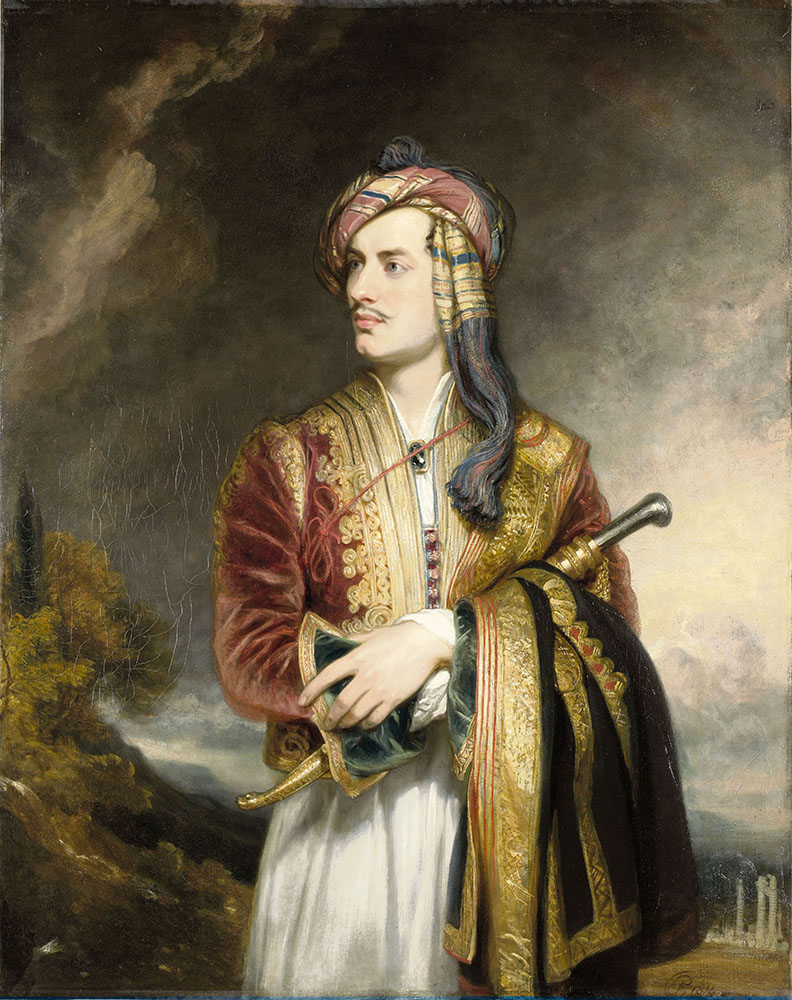
Thus, while Europe relied on the teachings of the Renaissance, the Enlightenment and democratisation, while at times experiencing major social, economic, spiritual, national and minority issues in North America, where the situation was more complex and fluid resulting in revolutionary and social upheaval, a great war organised by the native Americans, the European settlers, against the British Empire and the Crown broke out. This spirit of liberalism and rebellion through the great and long-lasting American Revolutionary War, after the founding of the United States of North America with the help of the French, will pass to Europe, gradually transforming in the framework of political and economic Liberalism, the Enlightenment and Modernity, the French Revolution against Autocracy, Despotism, the Bourbon dynasty, the decadent order of Aristocracy and the established Roman Catholic Church, which supports various forms of monism and fanaticism.
The French Revolution, through its blood-stained steps will be led to terrorism, the Directory and the Napoleonic Wars. All these events will shake Europe, jeopardise the European equilibrium and the Holy Alliance, while corresponding revolutionary ideas will be transferred to Central and South America, where Great revolutions and riots will break out, with national, popular, social and political- economic demands. This revolutionary momentum will also take action in Europe, with further uprisings and stances in the Partitions of Poland, the Netherlands, the Iberian Peninsula and many Italian States. In this wider political, ideological and diplomatic climate, alongside the movements of Liberalism, the European Enlightenment and Modernity, through the movements, the Committees, the merchant navy networks and the cultural- intellectual synapses, the Philhellenic Movement will act, meeting the respective movements of expatriate Hellenism and the Modern Greek Enlightenment. Thus, people like Korais and Rigas see, experience and observe the “miracle” of the American and the French Revolutions and envision that either Napoleon or the Tsar could help liberate the Greeks from the Sultan and the Ottoman Despotism. At the same time, other Balkan nations, like the Serbs mainly, but also the Romanians (Vlachs and Moldovans) dream of their National and social re-establishment.
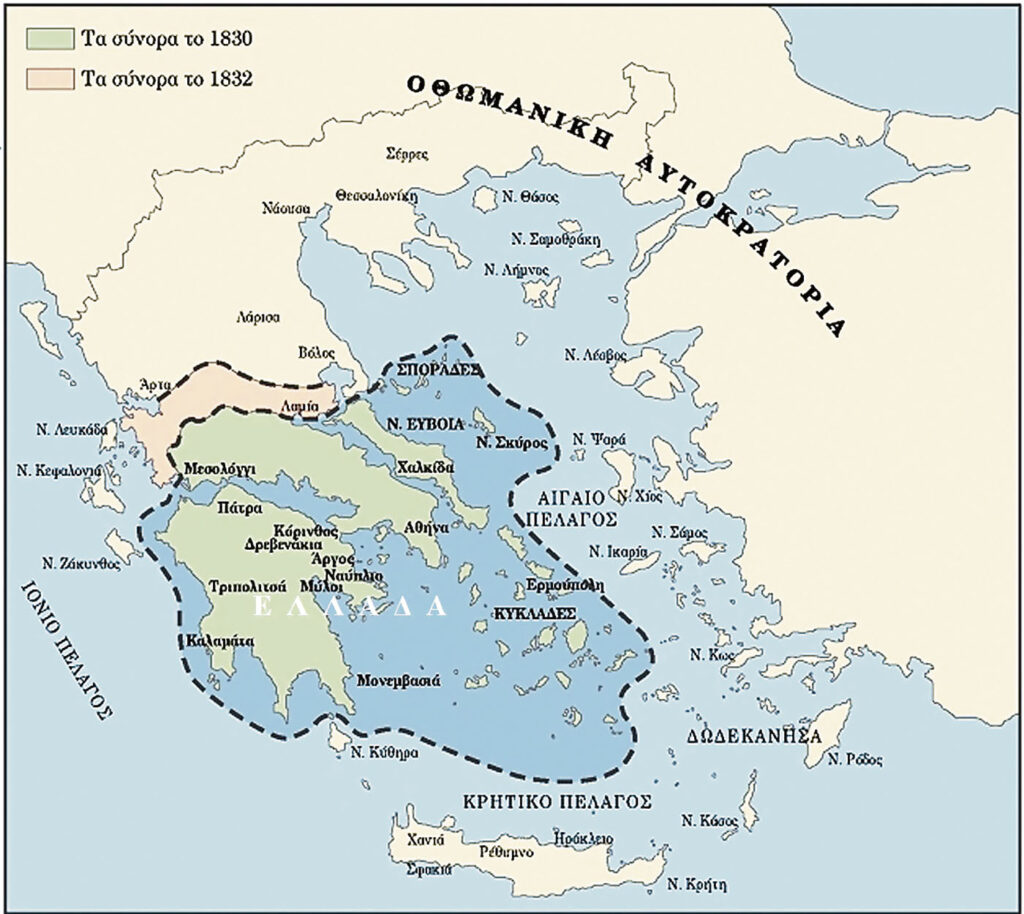
The Greeks, in particular, through the actions and the networks of the Society of Friends, the expatriate organisations and associations, the Philhellenic Committees, a number of Veterans of the Napoleonic Wars, prominent European personalities (Byron, Shelley, Krug, Goethe, Eynard, Louis, Napoleon II, Leopold, Holderlin etc), under the auspices of Kapodistrias, the Ypsilantis brothers, together with the mobilization of the notables, the armatoloi, the klephtes, the clergy, the teachers of the Great School of the Nation and the merchant marine circles organise their War of Independence. Since the beginning, of course it is emphasised by everyone (Ypsilantis, the revolutionaries from the Mani peninsula, local authorities, intellectuals etc) that these acts of war are not social and civil conflicts, but a great and national liberation war, far from social class exclusions.
The Greeks throughout the Balkan Peninsula and Asia Minor, as well as the Ionian Sea and the Aegean Archipelago, as well as in Cyprus and even Constantinople will get organised and participate in the Revolution using their full might, suffering huge losses, through the path of sacrifice, participation and any kind of contribution. Alongside these hundreds of thousands of fighters and participants, men, women and children from Trieste to Cyprus, from Trabzon to Zakynthos, from Moscow to Kassos and from Belgrade to Famagusta, there is hope for a better tomorrow, in a free nation. Their supporters are the Philhellenes, Hellenists, Liberals and Democrats, “citizens of the world” worldwide. Some think that they are fighting for Freedom against Autocracy and Despotism, others view themselves as fighters for Europe against Asia, others believe they are fighting for Christianity against Islam, others advocate they are fighting for the Greeks against the Turks-Ottomans-Persians-Asians and still others visualize themselves as fighters for Freedom, Justice, Brotherhood and Equality, for a better world. Everyone is fighting alone but also with the Other, side by side and within them, while some others pursue opportunism, individual wealth and a new “career”. Unfortunately, or fortunately, in a war everything co-exists, like in Pandora’s Box.
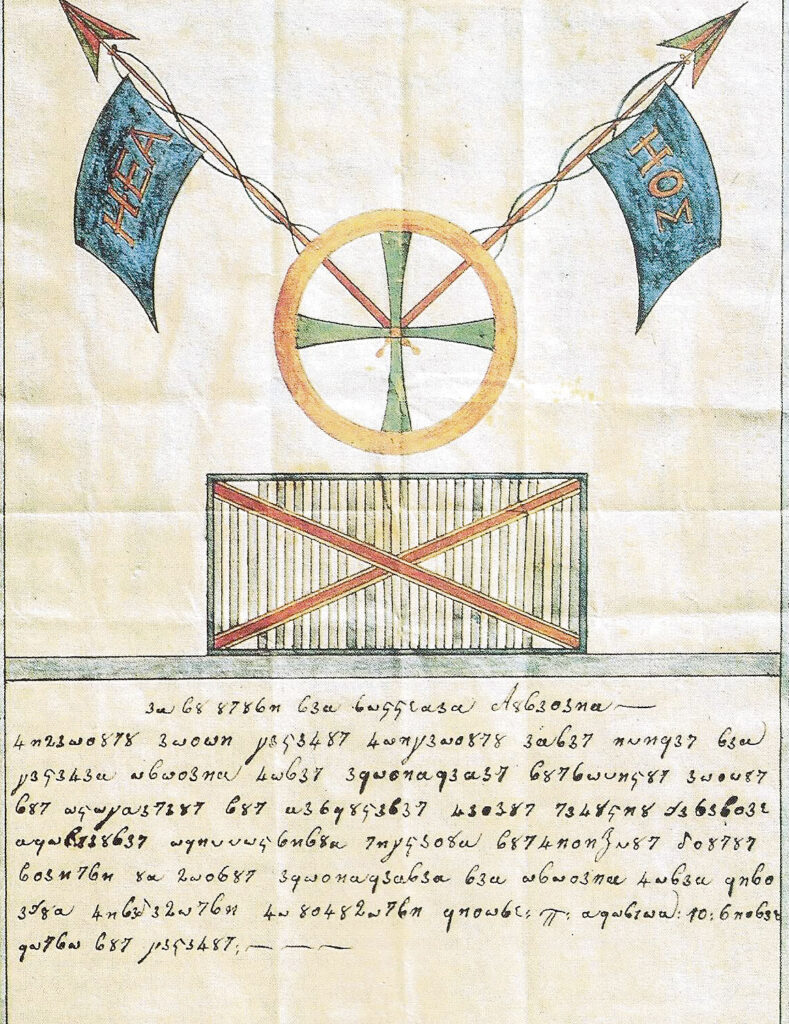
In any case, the English/British Philhellenes the Committees and their Banks will contribute, as they see fit, to the establishment of a small and weak European nation-state, and will also participate in the Battle of Navarino, as well as in the demarcation of the borders of this unsustainable protectorate. The Germans/Bavarians (Louis, Otto, Goethe, Krug etc) will fight and support the newfound state and the Great Idea, and so will Kapodistrias, Maison, Fabvier, Leopold etc). The French Philhellenes (Charles, Delacroix, Hugo, Chateaubriand etc) will fight for the new state and will participate in all the procedures (political, diplomatic etc) as well as in the crucial Battle of Navarino, although some Orleanists seemed to favour the small Autonomous Hegemony of the Peloponnese under a French Ruler. At the same time, the Russian Philhellenes, Liberals, Conservatives and Decembrists, both directly and indirectly, support the Revolution and participate in the effort and struggle of the Greeks and Kapodistrias. They also take an active and vital part in the Battle of Navarino, seek the establishment of three autonomous Hegemonies and finally the Tsar declares war on the Sultan, therefore the Revolution is able to reach a positive outcome, respecting the proportions and geopolitical balance among the five Great European Powers (Great Britain/the British Empire, Kingdom of France/the French Empire, the Austro-Hungarian Habsburg Empire, the Kingdom of Prussia and the Russian Empire) and the declining Ottoman Empire of the Sultan- Caliph of Constantinople.
It should be emphasised that, in addition to the “well known Philhellenes” there are some relatively unknown but equally important ideologically, like the Indian, the Jewish ( of Europe), the Armenian, the Turkish, the Albanian, the Serb and its Montenegrin counterpart, the Romanian, the Haitian, and the Arabic, “details of History”, that, maybe, on another occasion will be analysed appropriately.
Within these conditions, a new small state is created, under the co-rule of all the aforementioned, and also under the influence of other mighty sources of power and influence, such as Bavaria, the USA, the International stock market and banking capital, the ambitious Egypt, the Vatican-the Pope, the Roman Catholic Church, and the British ally, the kingdom of Denmark.
In conclusion, we could say that the great intellectual and aesthetic movements of the Classicists, Romanticists Travellers and Humanists, on the foundation of the Renaissance, the Enlightenment and European Modernity, will create the momentum of Liberalism (political, economic, spiritual, ideological etc), the National Idea of the people of Europe against authoritarianism, despotism, autocracy and the spiritual and political Philhellenism that will revive the European and Greek spirit, as well as give a breath of life, faith and Freedom to the Modern Greek State, from the late 18th and early 19th century to the dawn of the 21st century, and through different circumstances.
Perhaps, the most timeless example of Philhellenism is the death rattle of the divine enthusiast of the Idea, Lord Byron, crying out in despair in the blur of malaria, fever, deification “Hellas… I gave you my health, my fortune, my soul, my spirit, and now I give you my life. What more do you want from me?”
What's Your Reaction?
Brigadier of the Greek Army – Analyst
